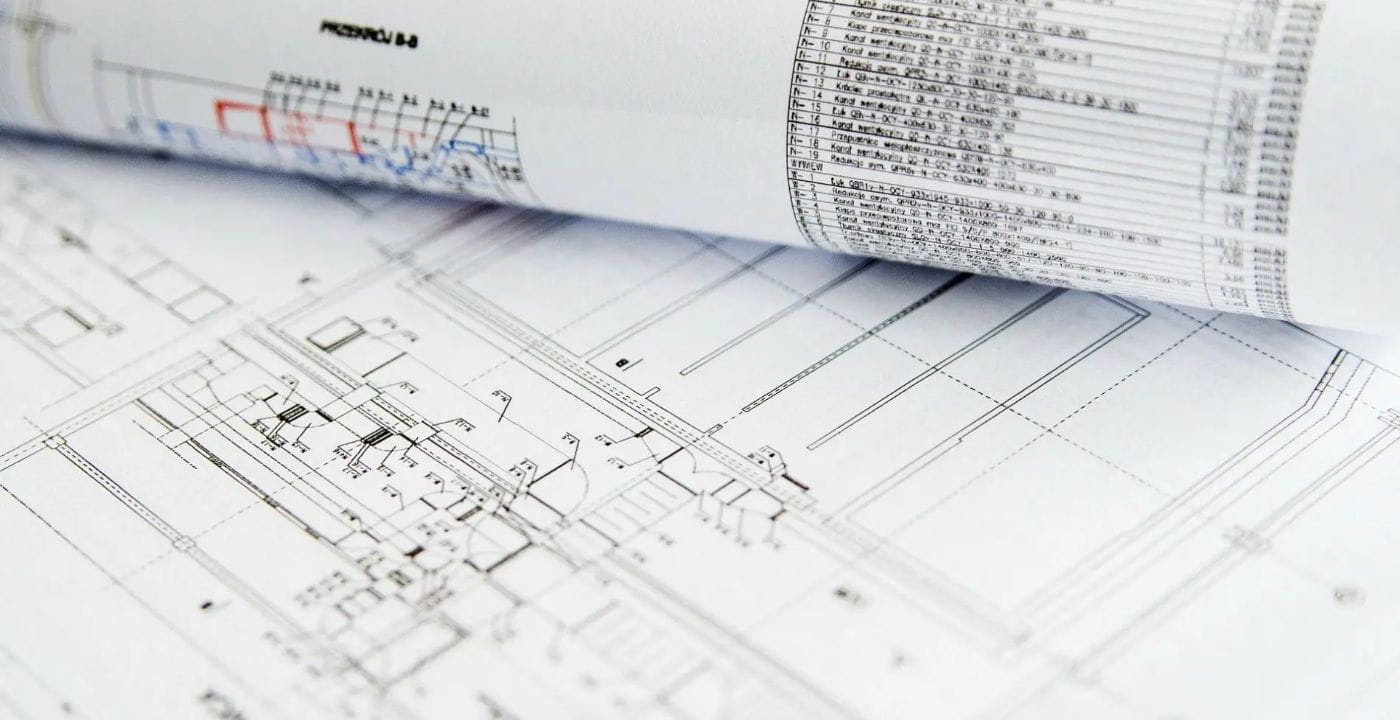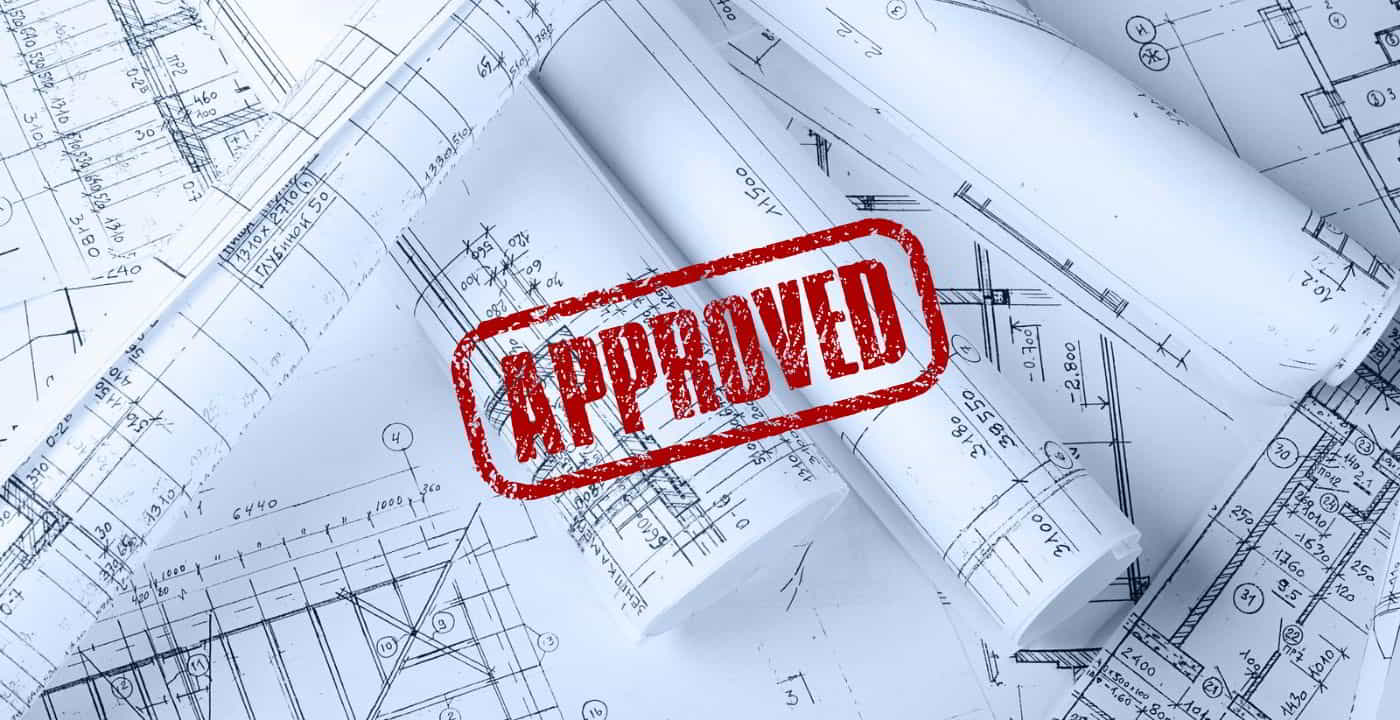
Key Summary
- Planning permission in Manchester is essential for construction projects and property changes.
- The process involves submitting a detailed application, followed by validation and public consultation.
- Factors such as the complexity of the proposal and public engagement can impact the timeframe.
- The average timeline for how long planning permission takes includes validation (1-2 weeks), public consultation (3-4 weeks), and assessment (8-13 weeks.
- As per the Town and Council Planning Act 1990, applications made with Manchester City Council typically expire after 3 years.
How to get Planning Permission | The Process
Submission of Application
To kickstart the planning permission process, you need to submit a comprehensive application to the local planning authority. This application should include detailed plans, drawings, and supporting documents that clearly outline your proposed development. It is crucial to provide accurate and detailed information to avoid delays in the processing of your application
Initial Review and Validation
Once your Manchester planning application is submitted, the local planning authority will conduct an initial review to ensure that all the necessary information is provided. This stage is known as validation. They will check whether the application includes all the required documents, fees, and forms. If any information is missing or incomplete, the authority will request the additional details promptly.
Public Consultation and Consideration
After the validation stage, your planning application will enter the public consultation phase. The local planning authority will consult with various people, including neighbours, community groups, and relevant departments, to gather their feedback and opinions on your proposal. This process typically involves displaying a notice near the site and inviting comments within a specified timeframe.
Assessment and Decision
Once the public consultation is complete, the planning authority will carefully evaluate your application, taking into account various factors such as local planning policies, environmental impact, and the opinions received during the consultation period. They will assess whether your proposal aligns with the development plan and whether any objections or concerns raised can be addressed adequately. Finally, a decision will be made regarding the granting or refusal of planning permission.
Factors Influencing the Timeframe

Several factors can impact the duration of obtaining planning permission in Manchester, and as such this means it is impossible to give an exact time frame due to the unique nature of each application. Elements that can impact time frame include:
1. Complexity of the Proposal
The complexity of your development proposal can significantly affect the time required for obtaining planning permission. Simple applications, such as minor alterations or extensions that conform to local planning policies, may receive approval more swiftly but more complex projects, such as large-scale developments or those requiring environmental impact assessments, may involve a more extended assessment period.
2. Public Engagement and Consultation
If your proposal attracts significant public attention or objection during the consultation phase, the planning authority may require additional time to address these concerns adequately. In such cases, they may need to conduct further investigations or negotiate modifications to ensure the proposal aligns with the local community’s interests.
3. Response Time of Local Planning Authority
The responsiveness of the local planning authority is another factor that can impact the overall timeline. Some authorities may have a higher workload or resource constraints, which can lead to longer processing times
4. Amendments and Modifications
In certain cases, the local authority may request amendments or modifications to your proposal before granting planning permission. These changes could be related to design, scale, or other factors that need to be addressed to meet the requirements and it is crucial to respond promptly and make the necessary adjustments to avoid delays
Planning Permission Timelines in Manchester

As mentioned earlier, providing an exact time frame for planning permission in Manchester is challenging due to the unique nature of each application but, to give you a general idea, planning applications in Manchester typically follow the following approximate timelines:
- Initial Validation: 1-2 weeks
- Public Consultation: 3-4 weeks
- Assessment and Decision: 8-13 weeks
If you have a large or complex request, expect a decision closer to 13 weeks, however, all of these time scales are estimates as it will depend on the individual application.
Planning Permission | How Long Does it Last?
Once planning permission is granted, there is a time limit on which the development must commence.
The Town and Country Planning Act 1990, which governs the planning system in England and Wales, establishes specific guidelines for the duration of planning permission. In the case of Manchester City Council, the standard time limit for planning permission is typically three years.
This means that once planning permission has been granted by Manchester City Council, there is a three-year time scale within which the development must commence. If construction work or any approved development does not begin within this timeframe, the planning permission will expire. In such cases, it would be necessary to submit a new planning application if you still intend to proceed with the proposed project.
However, it is important to recognise that the specific duration of planning permission can vary based on local planning policies and the conditions outlined in the decision notice issued by the council. Therefore, it is highly recommended to consult directly with the local planning authority or seek professional advice to ascertain the precise time frame applicable to your project in Manchester.
Frequently Asked Questions
How many times can you apply for planning permission?
There is no specific limit to the number of times you can apply for planning permission. If your initial application is refused, you have the option to make amendments to your proposal and submit a new application. It is essential to address any concerns or objections raised during the decision-making process and ensure that your revised application meets the requirements and local planning policies.
Who can apply for planning permission?
Any individual or organisation with a legal interest in the property, such as the owner or a developer, can apply for planning permission.
How to get planning permission?
To obtain planning permission, you need to follow the process outlined by your local planning authority. This typically involves submitting a comprehensive application with detailed plans, drawings, and supporting documents. You may wish to seek professional assistance to guid you through the process.
What do I need planning permission for and what do I not?
Determining whether planning permission in Manchester is required can sometimes be confusing. Here’s a general breakdown of what typically requires planning permission and what usually does not:
Generally, you need planning permission for:
- New buildings, including residential and commercial structures.
- Major alterations or extensions to existing buildings.
- Changing the use of buildings or land, such as converting a house into multiple apartments, house of multiple occupation (HMO), or a commercial property into a residential dwelling.
Usually, you do not need planning permission for:
- Internal changes within a building, such as remodelling rooms or changing layouts.
- Minor alterations to the exterior, such as repainting, re-roofing, or installing new windows that are of similar appearance to the original ones.
- Erecting walls or fences below a certain height, typically two metres or lower
Conclusion
Understanding the process and requirements of planning permission in Manchester is crucial for anyone considering construction or alterations.
With planning permission taking as long as 13 weeks to be approved, it can be a time consuming part of the process but compliance with these regulations is important, with the exception of a few types of changes including remodelling rooms.
Planning permission ensures that individuals can embark on their construction projects with confidence, knowing they are following the necessary protocols and contributing to the responsible growth and development of Manchester.
If you have a property that requires planning permission, consider using a property management company, such as MMC Manchester, that can offer expert advice on the necessary timescales and requirements needed.




